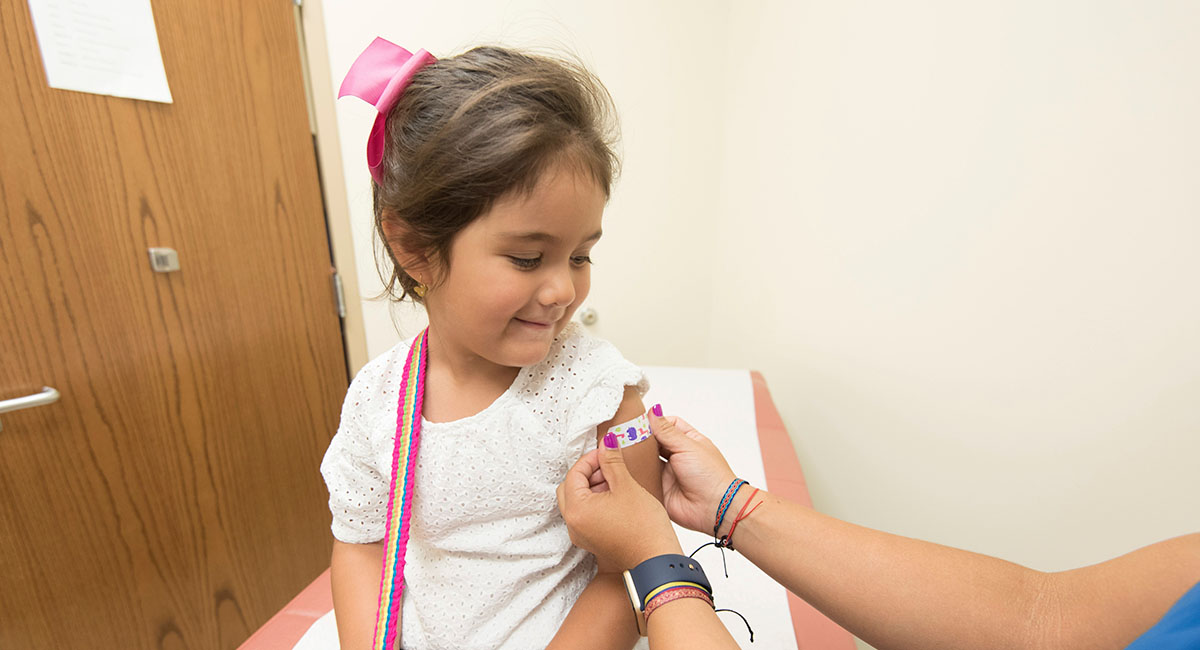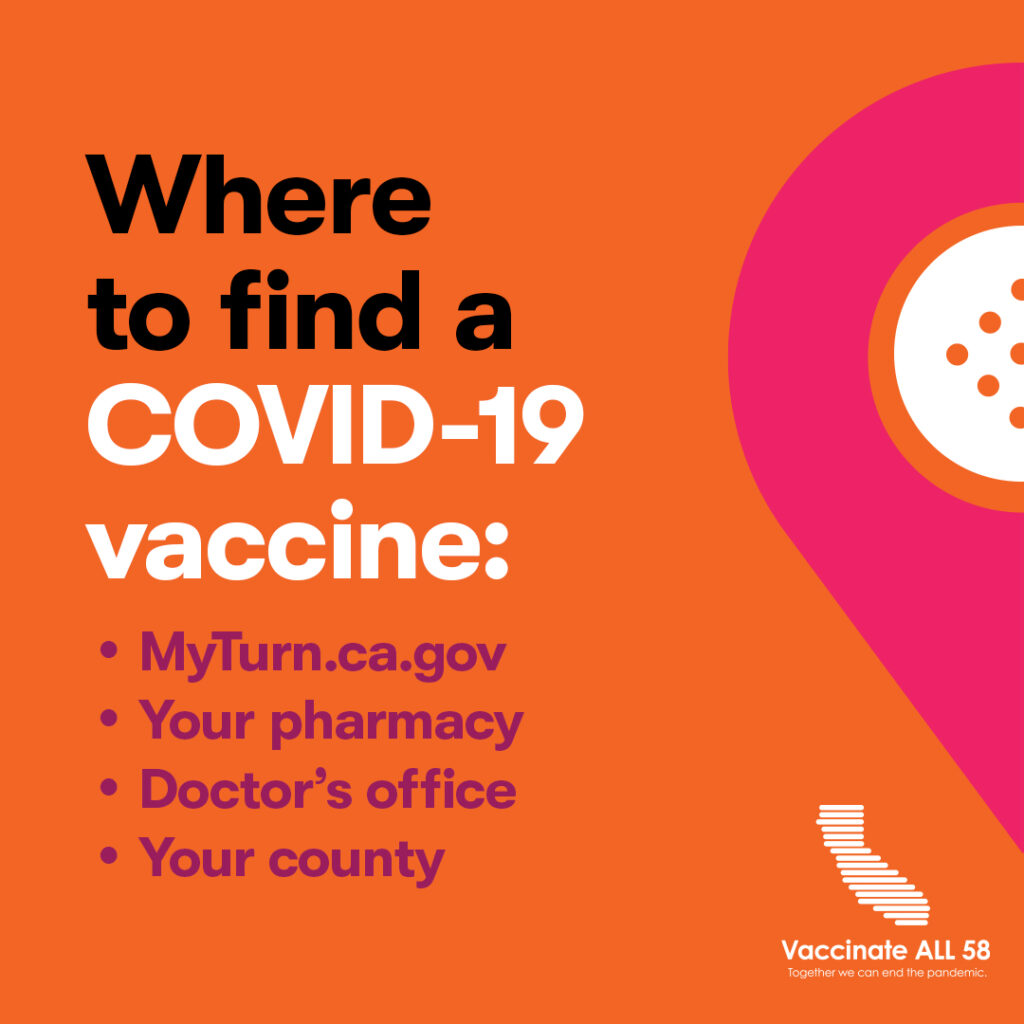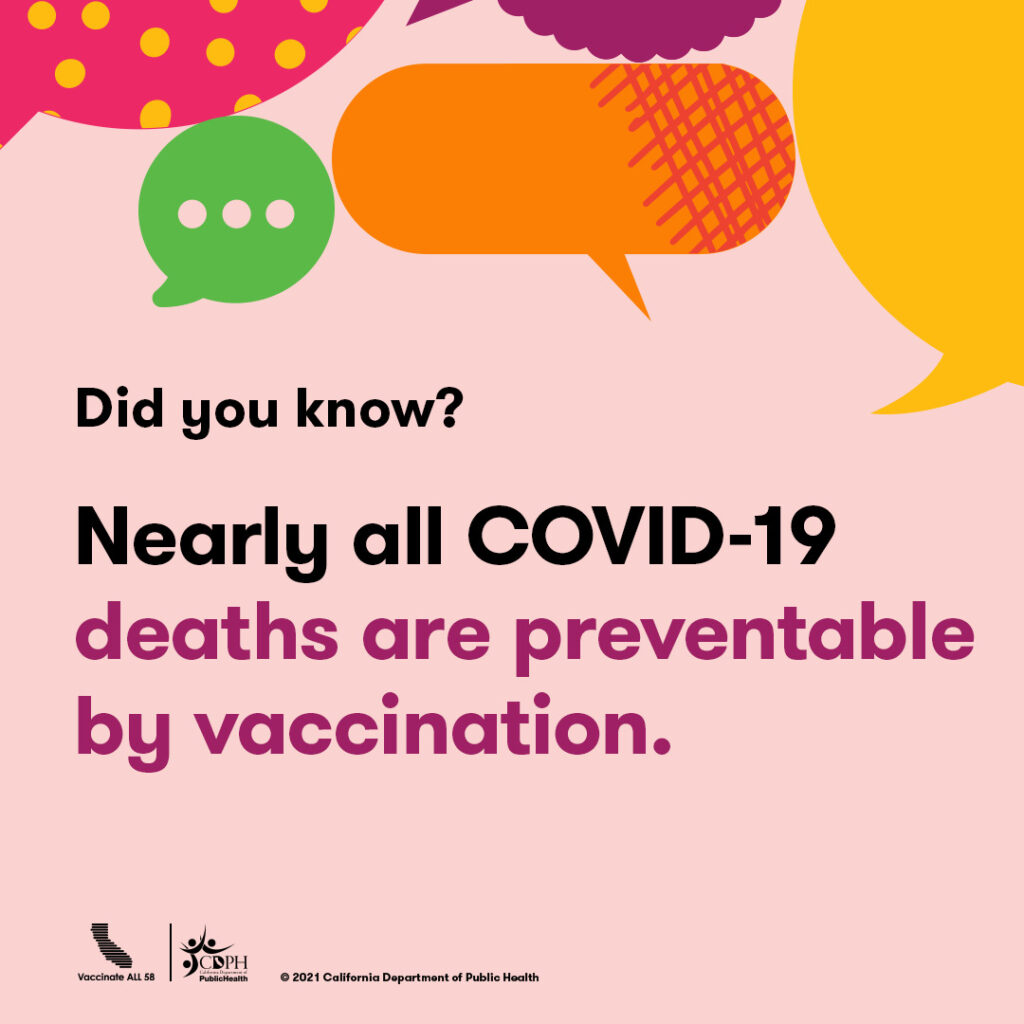More than two years after Covid-19’s onset, there is finally a federally approved vaccine against it in the United States for children age 6 months to 4 years old.
Covid has become the fifth-leading cause of death among kids between the ages of 1 and 4, and the fourth-leading cause among those younger than 1.
California already has 400,000 doses to distribute, free and regardless of insurance or immigration status, and has bought enough for all 2.2 million newly eligible children in the state, according to Dr. Lucia Abascal, of the California Department of Health.
Abascal spoke at a June 23 press briefing organized by Ethnic Media Services and Vaccinate All 58 of the California Department of Public Health.
Joining her were Dr. Jennifer Miller, of East Bay Pediatrics in Berkeley, and Dr. Sarah Takekawa, an obstetrician-gynecologist at Kaiser Permanente in South Sacramento.
Because federal law prohibits pharmacies from vaccinating children younger than 3, Abascal said, families must contact their doctors directly to arrange a vaccination, or go to https://myturn.ca.gov/ if they don’t have one.
The state has already made arrangements with enough pediatricians to provide for 85% of those 2.2 million newly eligible kids, Abascal said.
Two versions of the pediatric vaccine, one made by Moderna, the other by Pfizer, were approved in mid-June after independent, federal and state reviews.
“This vaccine is going to be the most heavily studied vaccine in history,” noted Dr. Miller. “They’ve been properly tested and vetted. The production didn’t cut any corners.” Moderna’s version is a quarter the strength of its adult dose and administered in two injections, a month apart. Pfizer’s takes three shots, the second 21 days after the first, the third 60 days after the second. It’s a tenth the strength of the adult version.
Abascal said it seems likely there will eventually be a booster for the Moderna regimen, but its lower initial dosage should also reduce side effects which, she added, would not be severe.
All three doctors said that, in their view, the best vaccine to get is simply whichever is available first, that there are no significant differences between them.
When it comes to Covid vaccinations, Miller said her patient families generally have one of three different attitudes: “The first group are beating my door down, anxious to get their children vaccinated,” she said. The second are having second thoughts and “don’t feel confident about moving forward until they have more answers… The third just don’t feel it’s safe or necessary.”
“The decision not to vaccinate is the decision to get the Covid virus,” Abascal warned. “There’s no predicting how severe that will be. You are taking a chance that it will be mild, however, one in five hospitalized children end up in the ICU (intensive care unit).”
It’s true that having been infected with Covid provides a degree of immunity from further infection, she said, but it’s less than that provided by the vaccines. When her recently infected 19-month-old daughter gets well enough to be vaccinated, she said, she’ll have the strongest protection possible.
“There’s this idea that Omicron is milder,” she said, “but in this age group, when the Omicron surge started, there were record hospitalizations.”
Five times as many as during the previous “Delta” Covid surge for kids younger than 4, Dr. Miller noted.
“I try to remind them that we are in this together,” Dr. Miller added. “Getting our children vaccinated helps us all; it improves the health of our community.”
As a gynecologist, Takekawa spoke of having witnessed unvaccinated Covid patients’ struggles during pregnancy and childbirth, and contrasted that with what she’d observed of her own and her patients’ ability to both become pregnant and bear children — with no issues related to getting vaccinated or boosted.
Both Abascal, who is pregnant, and Takekawa shared stories of how they and their respective husbands had contracted Covid when their toddlers brought it home from day care.
“That misconception that kids are safe, that nothing happens to kids, is wrong,” said Abascal. “We have more and more evidence that kids are at an acute risk” and “can also suffer consequences such as multi-inflammatory syndrome and long Covid.”
“Children and adolescents need their lives back,” Miller said. “They need to be able to fully gather with friends and peers, go to dances and proms, participate in sports and activities, be fully in school activities and not on Zoom away from their friends.”
“Because of Covid they’ve missed milestones and critical stages of development, leading to an unprecedented mental health crisis. We all need to do our part to bring that to an end.”
“It is normal to be afraid of the unknown and want to protect your child,” Abascal said. “With that in mind, vaccination is the best protection around.”







